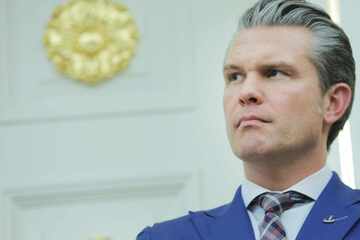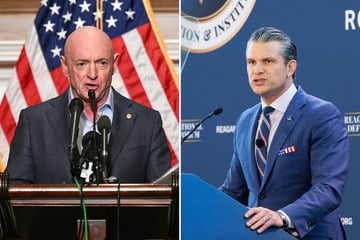Voices of the 2020 election: a poll worker and an election observer talk about their experiences
New York/Wisconsin - The 2020 presidential election has been declared "the most secure in American History" by the Cybersecurity & Infrastructure Security Agency. Election officials have repeatedly stated that there is no evidence of voting irregularities.
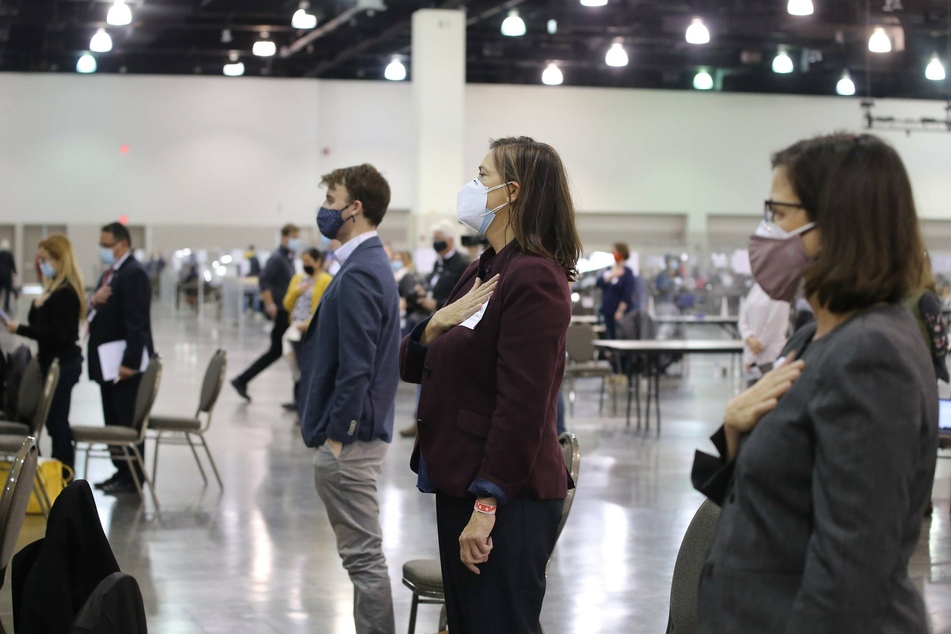
Yet despite the overwhelming evidence that Joe Biden won more than enough electoral votes to become the 46th president of the United States, Donald Trump refuses to concede. Instead, he has sought to undermine the election results with increasingly wild accusations of corruption and fraud.
According to the New York Times, most of the Trump campaign's election lawsuits have been thrown out because of "defective filings, sloppy paperwork, dubious claims." But even as judges have dismissed legal disputes, the allegations of irregularities in everything from ballot counting to observing have not stopped.
Throughout all this controversy, the voices of those who made this historic election possible have sometimes been drowned out. TAG24 wanted to hear from the people who were on the ground on election week: the poll workers and observers.
Diana (26) and Terry (62) – both names have been changed at their request –were part of an election like no other. They talked about their long days (17 hours on average) and hard work at their respective polling stations, in New York and Wisconsin.
One conviction that they both shared that there were more than enough measures and safeguards at the polling locations they worked at. Speaking about the stream of accusations, Diana, who was an accessibility clerk in Brooklyn, New York, said, "If Trump won the election, then they wouldn’t be raising these concerns. It just seems to be a fearmongering tactic. If things were going their way they wouldn’t do that."
She added, "Nothing would get in the way of people’s votes getting counted accurately."
Terry (62), a poll observer for the Democratic Party in Wisconsin, said: “I saw zero – zero – evidence of voter fraud. I did not see any. I thought the poll workers were working hard trying to do the job right.”
Poll workers keep their politics out of their work
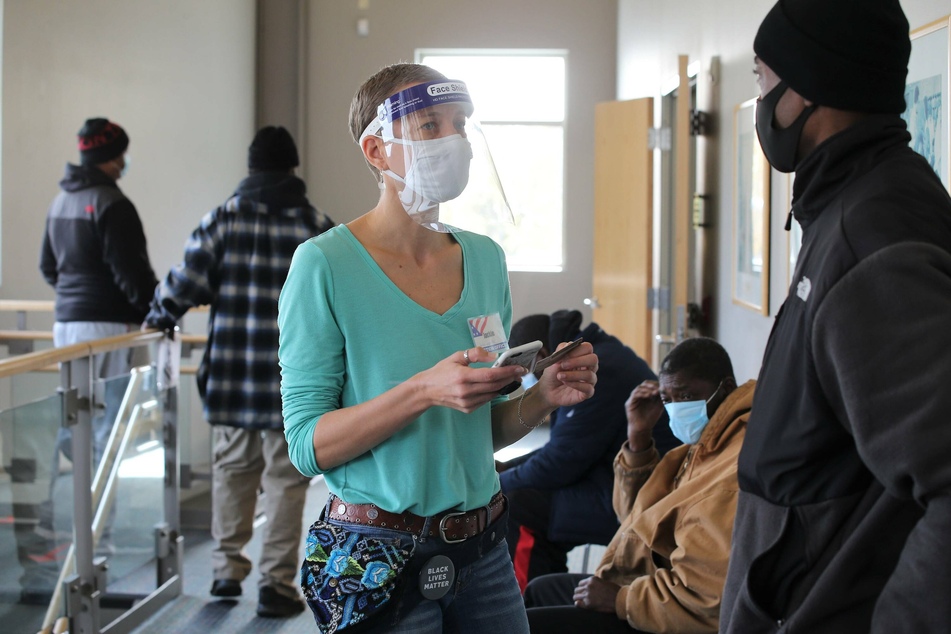
Diana, who has worked five elections since 2018, said that being part of the process has been "eye-opening ... because such an important part of our democracy is run by other
citizens, just like us."
But she noted that these ordinary citizen working the polls keep their politics to themselves. "We are supposed to be a political and not give any sign of who we want to win." It's part of the job.
Terry said that as an observer for the Democratic Party he wasn't even allowed to talk to the voters, unless they approached him – and no one ever did. "If I saw something other than normal process I would get up and have a look at it. We were there as a subtle deterrent for people who might want to do something they weren’t supposed to." It was his obligation to alert the Democratic Party in Wisconsin if he saw anything suspicious.
The only "incident" at his polling location involved a woman wearing a "MAGA" face mask. In Wisconsin, it is illegal to bear a symbol that has a party political message within 100 feet of a polling station. But officials didn't confront her: "She was an orderly person. She voted and that was it."
Sometimes, the strict political neutrality required of poll workers led to comical situations. Diana said that they would “bend backwards trying to echo the positivity of the voters without saying anything political.”
Participation – not fraud – was rampant
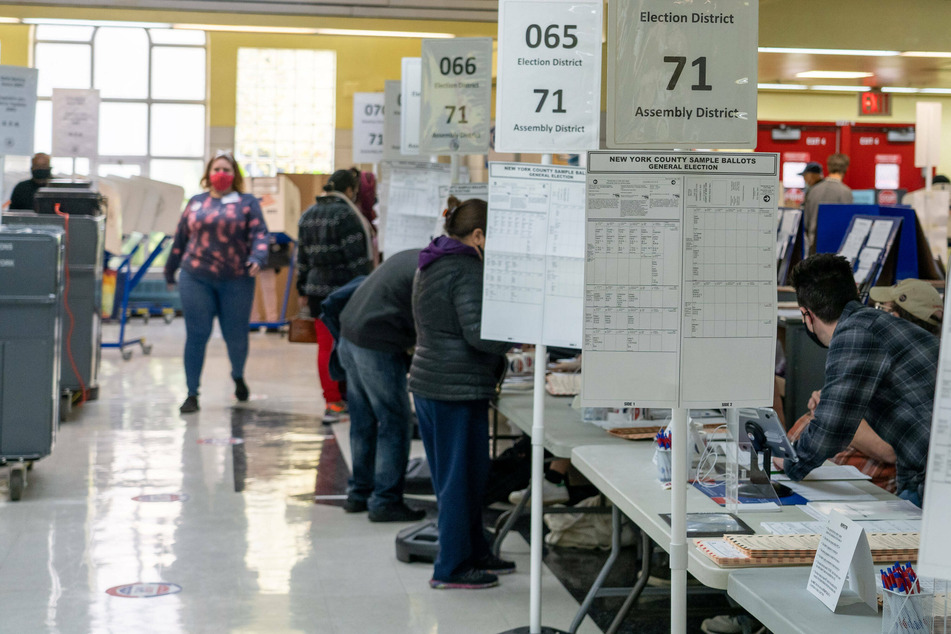
The 2020 voter turnout is estimated to be the highest in 120 years. While these numbers are impressive, Diana couldn't help but think that there's still room for improvement: "I've always been confused at why more people don't vote in the United States. We have normally like a 30% participation rate of eligible voters in an election. It's been record-breaking but it's like 60% or 70%."
Both Terry and Diana noticed that the in-person turnout was lower than expected. Because of the high number of mail-in and absentee ballots, lines only formed early on the morning of November 3 and the waiting time averaged 20 minutes .
They also saw plenty of first time voters. In Terry's case, 100 people registered and voted on the same day in Wisconsin. Diana also helped out some nervous and excited first time voters in New York. Seeing how small the margins were in some states and counties underscored a simple truth for her: "It does boils down to individuals in every town, county, and state showing up."
But people didn't just turn up to vote – they got actively involved. Possibly more than at any time in living memory, American citizens were interested in participating in the democratic process.
Normally, Diana wouldn't consider herself a seasoned election worker, but this year was different: "I felt like I was, because there were so many people who had never worked an election before. But in every other election I was by far the youngest and least experienced."
A huge increase in direct involvement
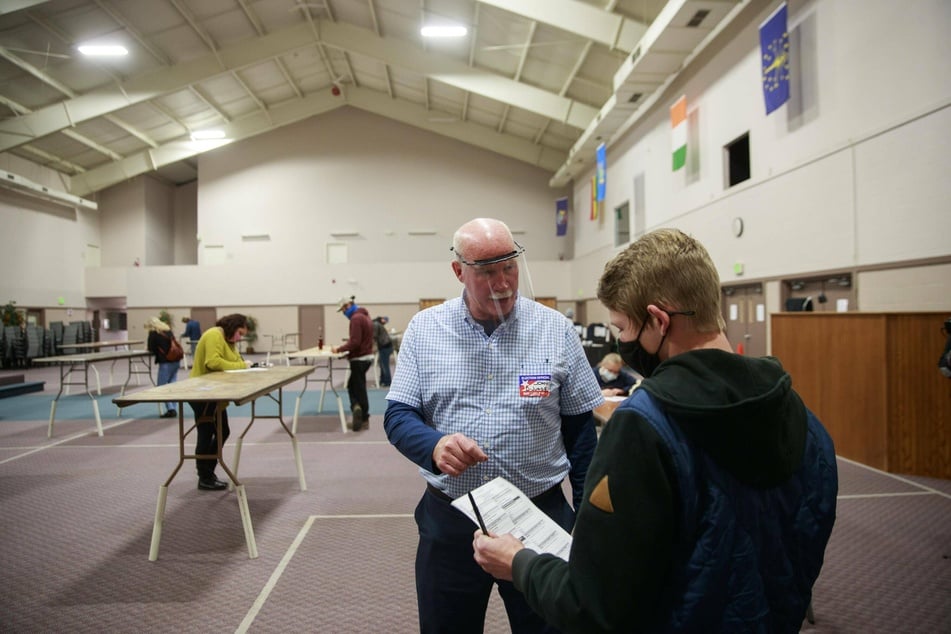
Terry said he has voted in every election, except one primary, since 1978; but this was the first time he volunteered to work on one. He decided to get involved back in August 2020. "I signed up right around the time Trump was putting out the call, 'We need people to watch the polls we don't want to get the election stolen from us.'[...] he wanted armed people to show up at the polls to keep an eye on things… I felt personally affected by these actions."
Terry has lived and voted in Texas for the past 25 years. But he decided to volunteer in Wisconsin because of its importance in the election and his son living there. He braved the coronavirus pandemic and flew over to offer a helping hand.
Diana was surprised that so many individuals wanted to get involved. According to an NPR report, in some states like Arizona and Michigan had to turn away people due to the huge number of applications. Diana's experience was similar: "There were over twice as many poll workers assigned to this site. It was actually to the point that people didn’t have anything to do because we were so over staffed."
Both poll workers interviewed by TAG24 are considering working in the next election. Diana wants the 2020 election to be the new standard for political participation: "I hope that people who are normally kind of apathetic to voting, on any political spectrum, had a positive experience, or they felt good about it so that they can continue doing it and this isn’t just a one off time when people decide to cast a vote."
Cover photo: imago images / ZUMA Wire
